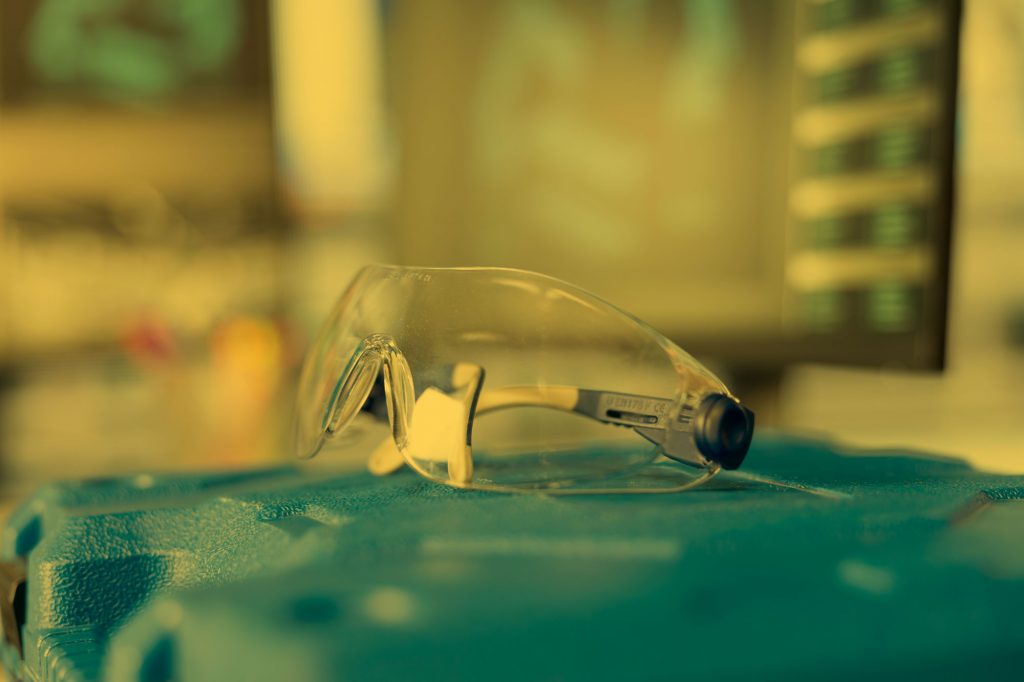
The Deep Tech European Venture Builder (De-TECH) project, funded by the EU’s EIT HEI programme, has selected 13 open innovation challenges from companies linked to the consortium’s universities (Polytechnic University of Madrid, Estonian Business School, Istanbul Technical University, and Leibniz University Hannover) to take part in the final phase of the programme. This stage will seek innovative solutions based on deep tech, proposed by students and researchers. A face-to-face workshop will take place in Istanbul this coming December, where participants will present their solutions.
A total of 13 innovative deep-tech solutions have been chosen for market entry within the framework of the De-TECH Competition. The challenges come from startups connected to the consortium’s partner universities—Polytechnic University of Madrid, Estonian Business School, Istanbul Technical University, and Leibniz University Hannover—and aim to boost knowledge transfer into society and the economy.
These business initiatives, developed by students and researchers, are based on deep technologies with strong potential for impact in innovation, competitiveness, and sustainability. The final in-person workshop will take place in Istanbul in December 2025, where participants will present their solutions.
The selected companies and their fields include:
- ACOPIA: Computer vision and geospatial analysis
- Applied Fractal Structures: Fractal foundations that distribute loads evenly on the seabed
- Beta, Gamma and Neutron attenuation properties of PMMA/Colemanite composites exposed to space radiation in low Earth orbit (Master thesis 2024): Materials science, space radiation physics, and sustainability-oriented engineering
- From Kernel to Product: Harnessing Xuta for structurally and nutritionally viable dairy analogues with a sustainable plant-based approach (food science and bioprocessing technologies)
- MAD Materials (MM Biocreaciones S.L.): Biotechnology and materials science
- OptiPrint: Mathematical tools (FEM/SIMP/PetSc) and AI-powered natural language interfaces
- OptiMod: Mathematical statistics
- Reocto OÜ: From pharmaceuticals to food tech, agri-tech, and synthetic biology
- SamGer Tech: AI/LLM application for hand hygiene monitoring
- Soyl Food: Biotechnology and environmental sciences to address agricultural challenges in arid environments
- Subsurface Analytics: Modeling underground systems in sectors such as groundwater management, oil and gas, geothermal energy, and critical raw materials
- X-ECD: Analytical Chemistry
ACOPIA, Applied Fractal Structures, MAD, and Subsurface Analytics will represent the Technical University of Madrid; Reocto OÜ, SamGer Tech, and Soyl Food will represent the Estonian Business School; From Kernel to Product, OptiPrint, OptiMod, and X-ECD will represent the Leibniz University Hannover; and Beta and N/A will represent the Istanbul Technical University.
The Leibniz University Hannover is coordinating the open innovation project with companies within the framework of the Deep Tech European Venture Builder (De-TECH) project, which involves three other European universities: the Technical University of Madrid, the Estonian Business School, and the Istanbul Technical University. The objective is to seek challenges among companies affiliated with the consortium’s universities and then launch a program that will seek innovative solutions based on deep technologies proposed by students and researchers.
Once this selection is made, participants will begin the training program in September. The training plan will include organizing open innovation workshops for students and researchers from participating universities to develop and refine their solutions in response to the identified challenges. This task involves facilitating interaction between participants and industry experts to improve the applicability and impact of the proposed technologies.
In December 2025, an in-person workshop will be held in Istanbul, where participants will be able to present their solutions.
What is the Deep Tech European Venture Builder Consortium?
The Deep Tech European Venture Builder Consortium is coordinated by the Universidad Politécnica de Madrid (UPM) and includes the Estonian Business School, Istanbul Technical University, and Leibniz University Hannover. The consortium also includes two industrial partners: Technoport, a high-tech incubator based in Luxembourg, and Effectia, an innovation consultancy from Spain. Additionally, the Istanbul Metropolitan Municipality participates as a public sector partner.
The European Union funds the Deep Tech European Venture Builder Competition 2025 through the EIT HEI Initiative. It is structured around four key pillars to bring university-based innovations to market:
- Identify promising technologies developed at the partner universities through collaboration with their Technology Transfer Offices (TTOs), and assess their market potential.
- Launch innovation challenges that connect universities and companies with real-world needs, promoting creative and entrepreneurial thinking among students and researchers.
- Run the De-TECH competition, supported by an intensive start-up acceleration programme that includes training, mentoring, and financial assistance. Winning projects will receive funding and present their ideas to investors at DemoDay events.
- Deliver training in entrepreneurial and technological skills for students, researchers, and university staff, aiming to foster an entrepreneurial mindset and equip participants with the tools they need to lead innovation.

